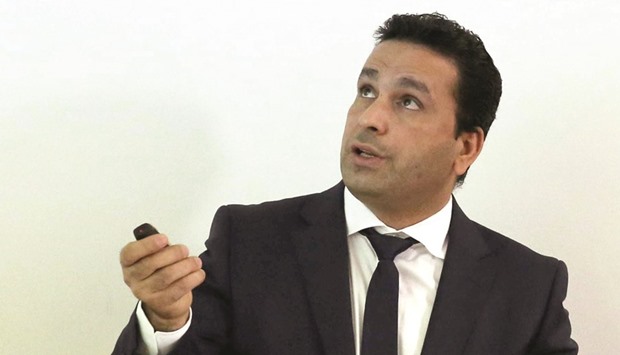Qatar University Biomedical Research Centre (QU-BRC) has hosted a seminar on the use of stem cells for disease modelling and cell therapy in diabetes.
Titled “Pluripotent stem cells as tools for disease modelling and cell therapy in diabetes”, the seminar was delivered by Dr Essam M Abdelalim, a scientist at QU-BRC, and assistant professor at Hamad Bin Khalifa University.
Dr Abdelalim said that with diabetes as the most prevailing disease with progressive incidence worldwide and no permanent treatment available yet, cell therapy might prove to be the best approach to treat type 1 diabetes and severe cases of type 2 diabetes.
According to him, transplantation of pancreatic islets is used to restore the functional ? cells in diabetic patients, but the shortage of human donors and the occurrence of immune rejection lead to search for other sources of pancreatic ? cells.
Dr Abdelalim said that recent studies indicate that stem cells are likely to be accepted as a therapeutic tool for diabetes.
“Pluripotent stem cells (PSCs), including embryonic stem cells (ESCs) and induced pluripotent cells (iPSCs) are considered promising approaches to study diabetes. ESCs/iPSCs have a high capability to differentiate into insulin-producing ? cells, which are closer in nature to the in vivo ? cells than those differentiated from other types of stem cells,” he said.
He added that iPSCs could provide personalised treatment to the particular characteristics of each patient, but before PSCs could be considered as a tool for regenerative medicine to treat diabetes, additional in vitro and in vivo studies are needed, as the patient safety is the most important issue to be considered.
Dr Abdelalim also discussed advances, challenges, and future perspectives of using iPSCs as a promising tool for disease modelling and cell therapy in diabetes.

Dr Essam Abdelalim at the seminar
